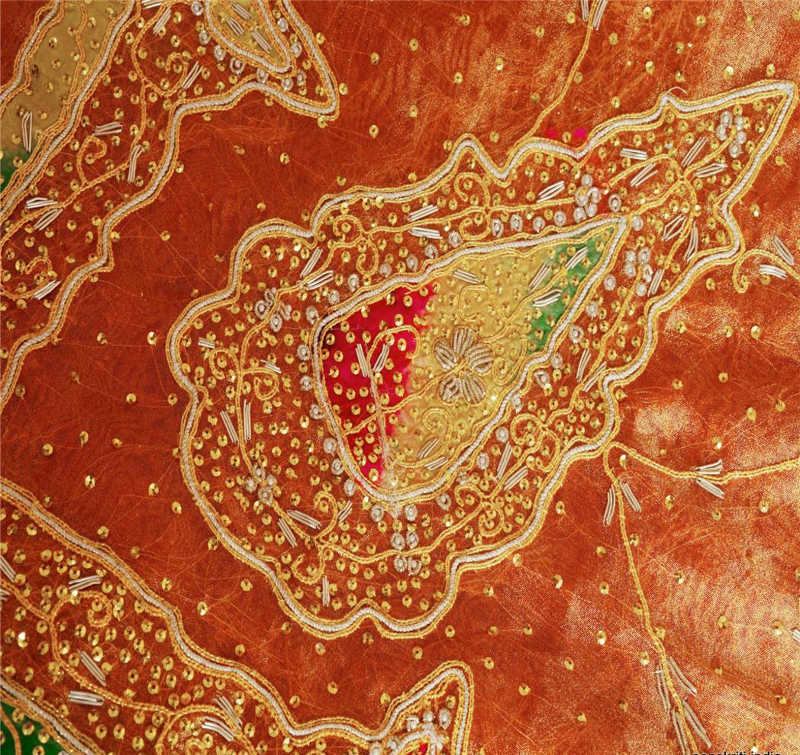===
0920,
1
===

=== |
 |
lu:tf : 'Pleasantness; gratification, pleasure, enjoyment; ... —courtesy, kindness, benignity, grace, favour, graciousness, generosity, benevolence, gentleness, amenity'. (Platts p.957)
;xuu : 'Nature, disposition, temper; habit, custom; way, manner'. (Platts p.494)
FWP:
Note for grammar fans: The milaa kar doesn't come from milaanaa , but from milnaa ; it's an intimate imperative form of what I call the 'always construction', milaa karnaa .